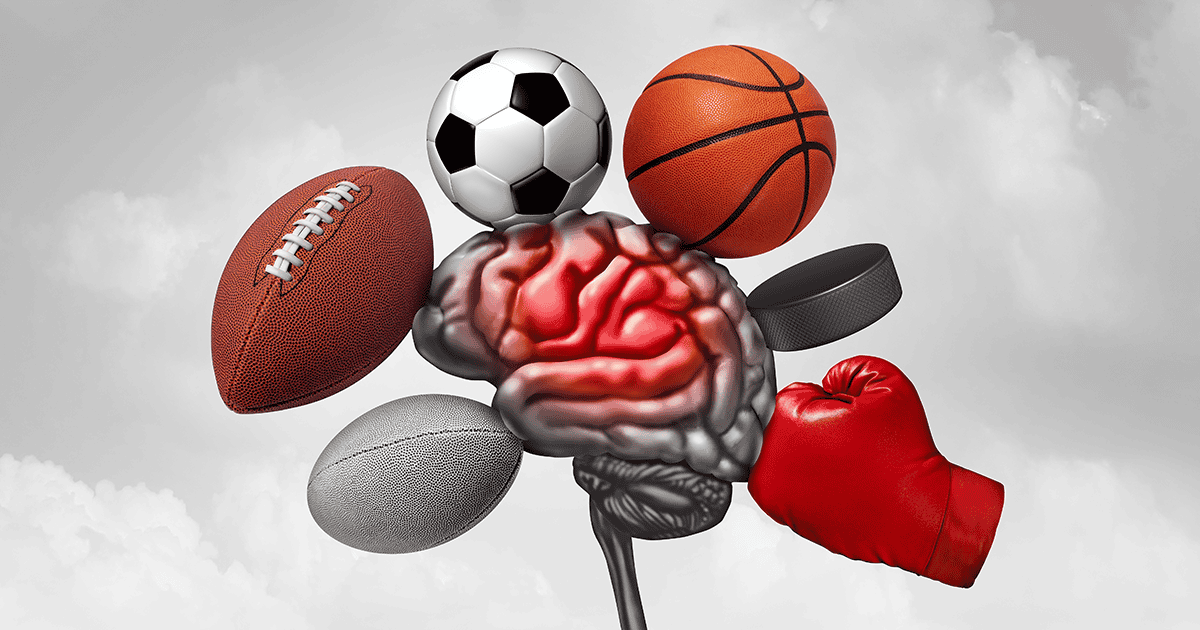By Maria E. Pomponio and Eric G. Nelson
Clinical supervision is an important component of graduate student education that should be a rewarding experience for both student and preceptor. However, for the supervisor, it can also be challenging and time-consuming to implement and fulfill the many requirements of a student program.
Clinical sites with multiple preceptors and/or office locations, and sites that take a number of students per year, may be faced with additional organizational difficulties in simultaneously balancing workplace demands and expectations with the promise of providing the student(s) with quality clinical education.
The challenge, ultimately, is to ensure each student a well-rounded practicum experience with the goal of achieving clinical independence upon completion of their externship year. This year was uniquely challenging as a result of the COVID-19 pandemic. Changes in the provision of clinical services made to accommodate social distancing and enhanced infection control guidelines required that the 2019–2020 audiology student externs complete their learning experience under difficult circumstances.
Some students experienced an abrupt halt to their experience while others performed via non-traditional means. At the time of this writing, in areas such as New York City where our site is located, infection rates are declining, phased reopening continues to occur, and audiology students are beginning a more modified clinical externship experience for the 2020–2021 externship year. It is critical now, perhaps more than ever, for clinical preceptors to rethink their responsibilities to ensure students make appropriate progress throughout the year should further interruptions such as a “second wave” of the pandemic occur.
Recent Posts
Leveling the Playing Field at AAA 2026
Wednesday, April 22 | 12:30–2:00 pm Earn 0.15 CEUs Concussion care is no longer a single-discipline effort. As research continues to reveal concussion as a…
How to Get Patient Referrals through Your ABA Certification
Did you know that ABA publishes directories for each certification and certificate program on its website? Credential holders are sorted alphabetically by country, and then…
Update: General Audiology Board Certification Is Coming
Progress continues on the new General Audiology Board Certification (GABC) that will lead to a Board Certified Audiologist (BC-A) credential. The Development Task Force has…


